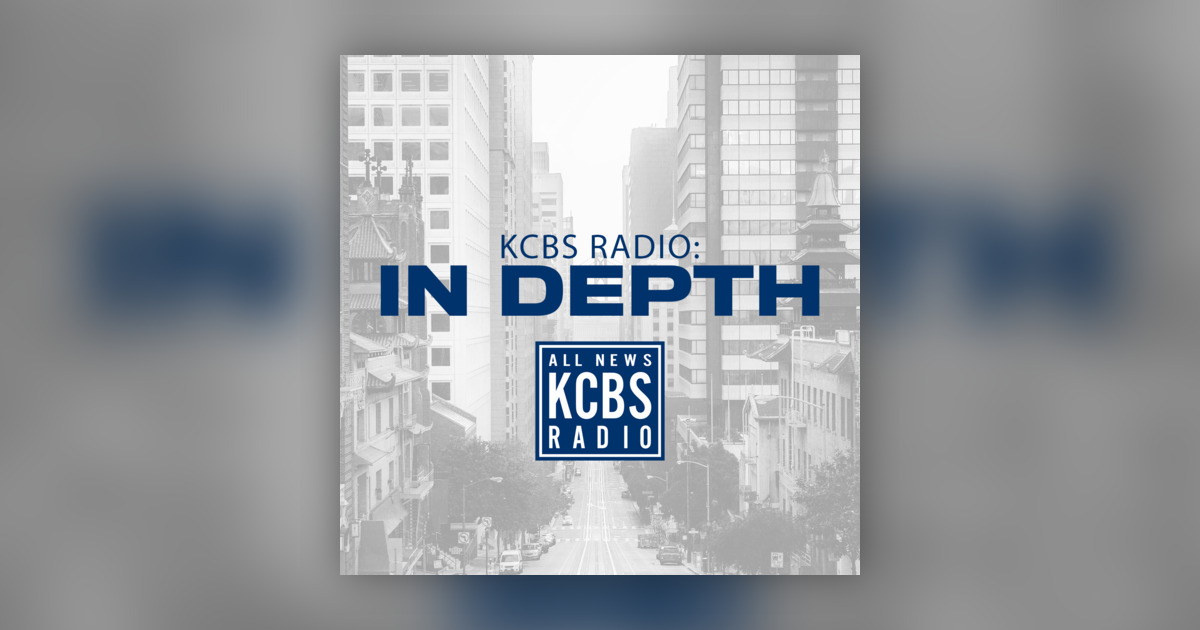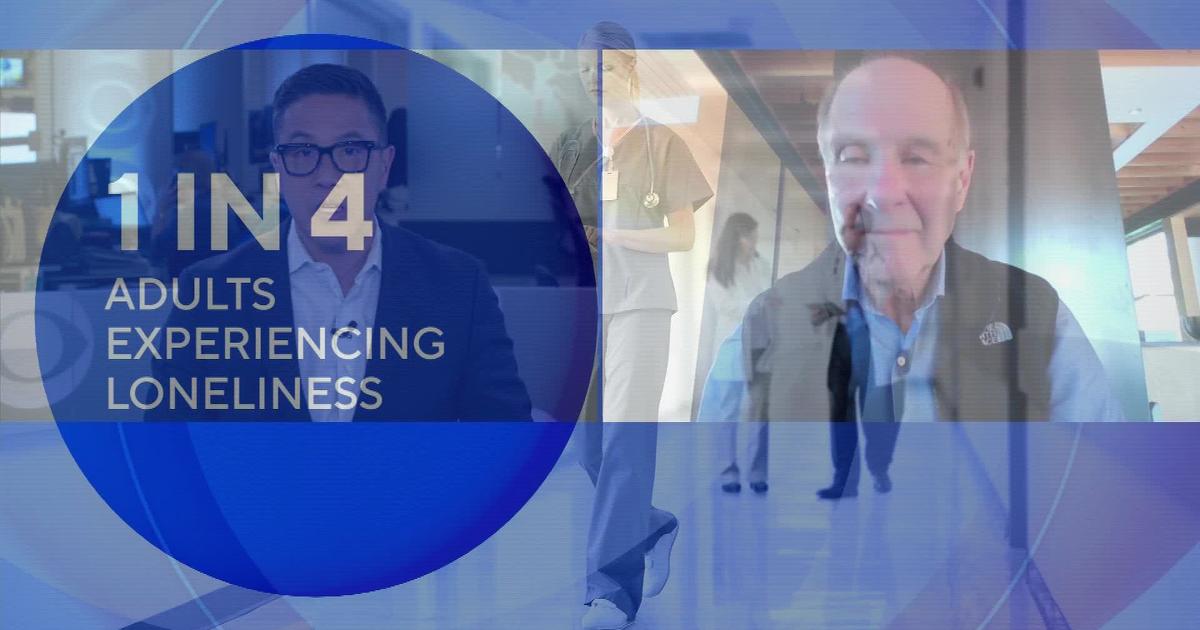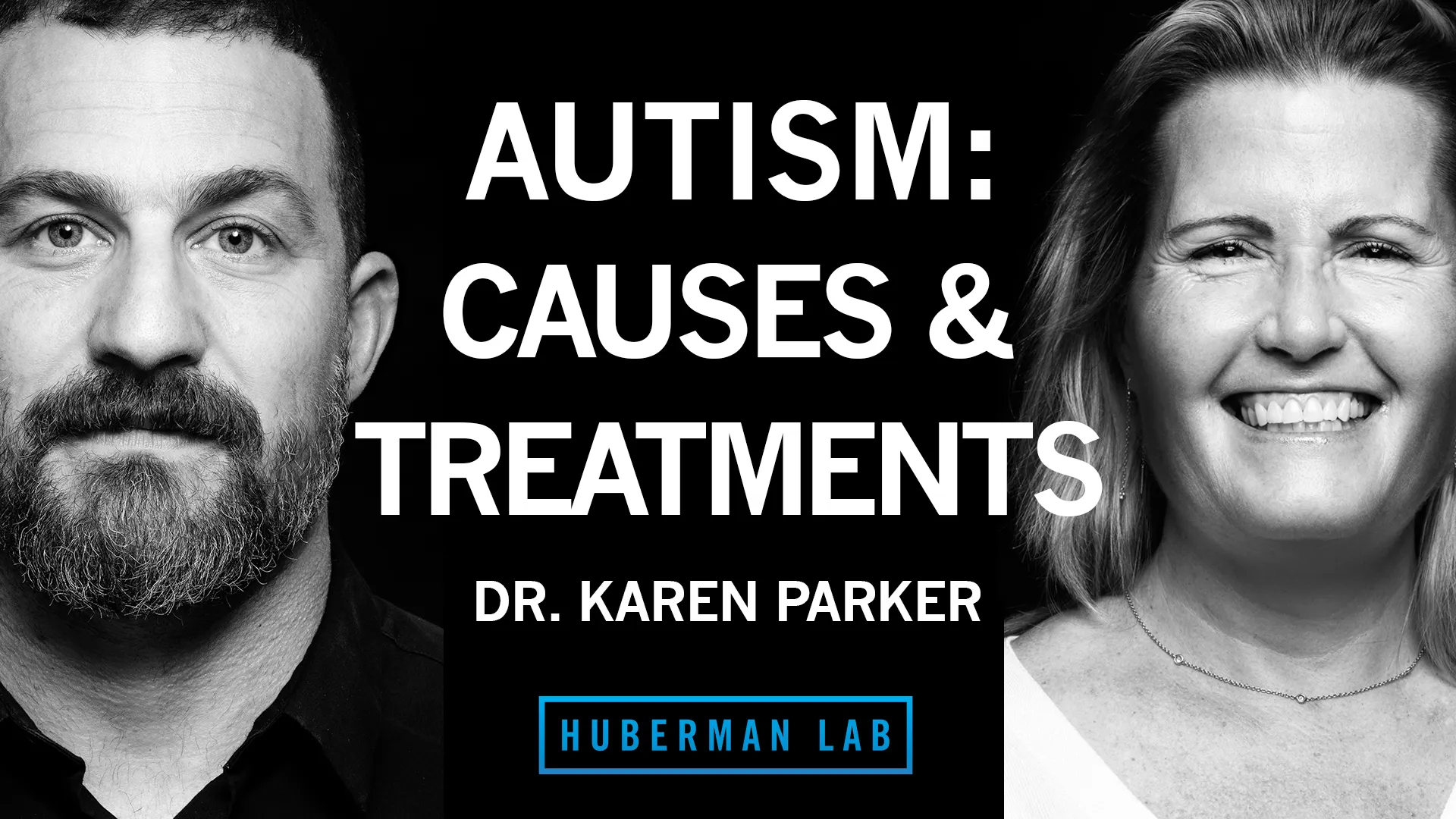News Mentions for the week of December 11, 2023
Our faculty are often called upon to provide insight on current events and topics in the news.
Explore some of the articles that they have contributed to or been quoted in recently below.
- Healthline
Rare Sleep Disorder More Common Than Previously Thought
Researchers have found that this sleep disorder called idiopathic hypersomnia may actually be much more common than previously realized. Clete Kushida, professor of psychiatry and behavioral sciences (sleep medicine), provides comment.
- United States Senate Special Committee on Aging
Understanding a Growing Crisis: Substance Use Trends Among Older Adults
Keith Humphreys, the Esther Ting Memorial professor of psychiatry and behavioral sciences, provides testimony at the recent hearing of the United States Senate Special Committee on Aging. More coverage >
- KTVU FOX 2
Class action lawsuit claims Roblox facilitates child gambling
The lawsuit filed against the company in Northern California District court alleges that some kids have had backdoor access to funds on gambling sites when using the application. Anna Lembke, professor of psychiatry and behavioral sciences, is interviewed.
- NY Times | Opinion
48 Million Americans Live With Addiction. Here’s How to Get Them Help That Works.
More than 48 million Americans are living with a substance use disorder right now, according to the best estimates of the nation’s premier health agencies. Only about 5 percent of them are getting any kind of help for the condition. Keith Humphreys, the Esther Ting Memorial professor of psychiatry and behavioral sciences, provides comment.
- Washington Post
Cannabis use linked to higher risk of poor pregnancy outcomes, study finds
Research found that people who use cannabis during pregnancy may be at higher risk of preterm births, stillbirths, low birth weights and hypertensive disorders. Smita Das, clinical associate professor of psychiatry and behavioral sciences, provides comment.
- The Mercury News
New psychedelic-like drugs: All treatment, no trip?
California scientists race to concoct compounds that rewire the brain without euphoria or hallucinations. Robert Malenka, the Nancy Friend Pritzker professor of psychiatry and behavioral sciences, and Boris Heifets, assistant professor of anesthesiology, perioperative and pain medicine and, by courtesy, of psychiatry and behavioral sciences, are mentioned.
- KCBS Radio In Depth
Looking at mental health issues faced in the Muslim community
KCBS’s Eric Thomas and Nikki Meduro speak with Rania Awaad, clinical professor of psychiatry and behavioral sciences, about the role that faith plays in a person’s life when they are struggling with trauma and mental health issues.
- CBS News
Loneliness epidemic
The World Health Organization launched a Commission on Social Connection after declaring loneliness to be a pressing global health threat. The U.S. surgeon general says loneliness is as bad as smoking 15 cigarettes a day when it comes to the mortality effects. David Spiegel, the Jack, Lulu, and Sam Willson Professor of psychiatry and behavioral sciences, explains what's behind the loneliness epidemic, and discusses some ways to combat loneliness.
- The Atlantic
Destigmatizing Drug Use Has Been a Profound Mistake
A stronger, more consistent message is needed. Read more in this article, written by Keith Humphreys, the Esther Ting Memorial professor of psychiatry and behavioral sciences, and colleague Jonathan Caulkins.
- Huberman Lab Podcast
The Causes & Treatments for Autism
In this episode, Karen Parker, professor of psychiatry and behavioral sciences, discusses the biology of social connections and bonding in babies, children and adults, and our current understanding of autism and autism spectrum disorders.
- NY Times
Using A.I. to Talk to the Dead
Some people are using artificial intelligence chatbots to create avatars of departed loved ones. It’s a source of comfort for some, but it makes others a little squeamish. David Spiegel, the Jack, Lulu, and Sam Willson Professor of psychiatry and behavioral sciences, provides comment on grief.










